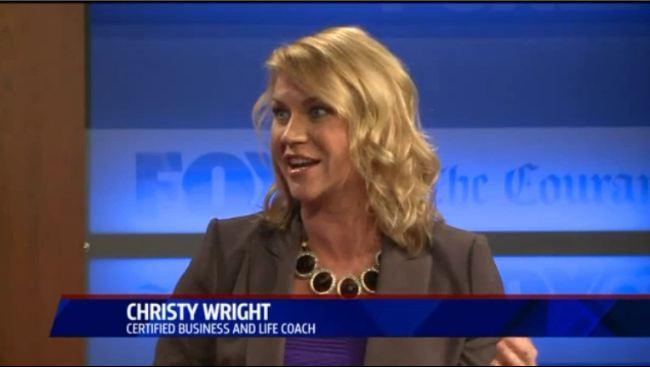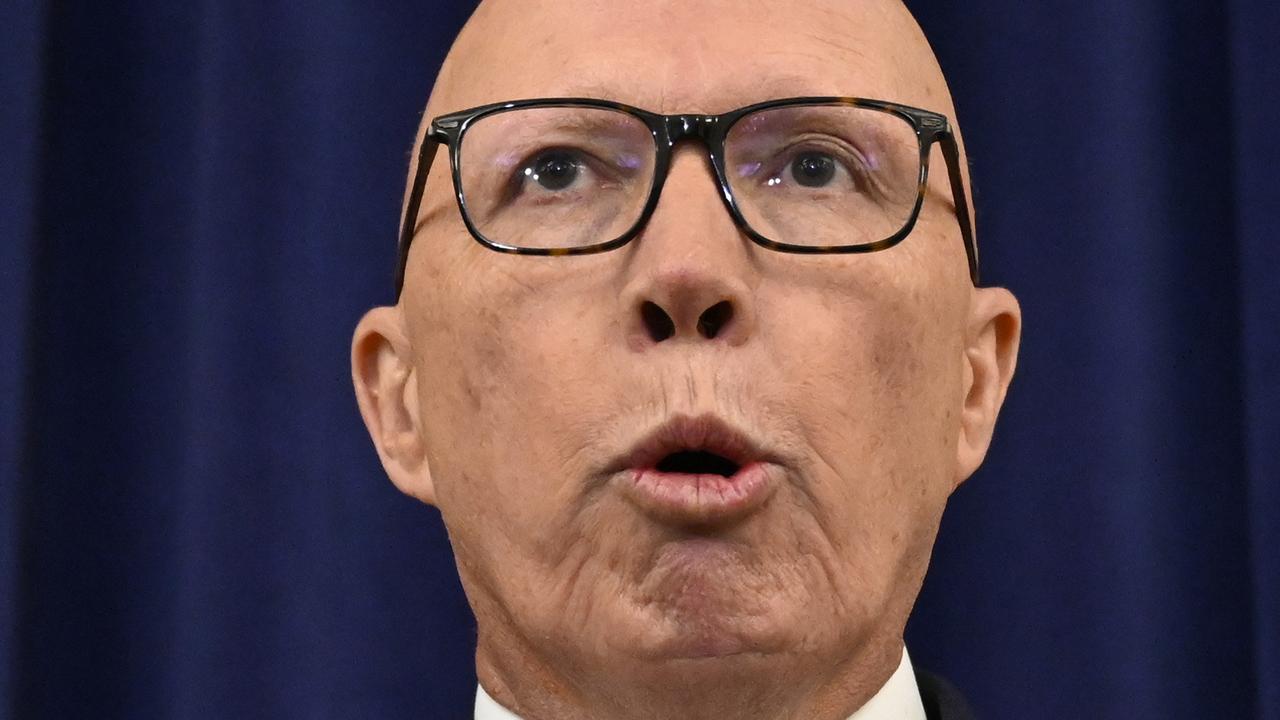Nearly one third of Australians taking part in $51 billion a year freelance economy
IT’S the hidden economy worth more than $50 billion a year. More and more Australians are taking advantage of it. Here’s how to get in on the action.

NEARLY one third of Australians are making a mint in the hidden $51 billion economy. Here’s how you can get a piece.
A new survey by freelance marketplace Elance-oDesk has suggested that 30 per cent of the Australian workforce, or 3.7 million people, undertake some sort of freelance work.
According to its analysis — assessing general income ranges and the number of hours spent doing freelance work — that means freelance earnings in Australia account for around $51 billion.
While it’s definitely a figure to take with a pinch of salt, there is no denying the trend to more flexible working, particularly among Gen Ys and baby boomers.
The survey of 1000 Australians found that more than a third of respondents in those two groups freelanced, compared with 25 per cent for other age groups.
Thirty-one per cent of moonlighters said they had considered quitting work to freelance full time, and 74 per cent of non-freelancers said they would be willing to give it a go if work was available.
Cameron Rambert, 26, is a former digital marketing strategist and now self-styled freelancing expert. He founded Freelance Melbourne, a group of young professionals who meet twice a month.
What started as a regular informal gathering to discuss challenges and share tips has evolved into a formal panel discussion format, and the group now boasts more than 350 members.
He says the most important thing is to have a good reason for wanting to freelance — whether that’s better work-life balance, working from home or simply earning money on the side.
“If you want to go full-time it’s something you’ve got to plan for,” he says. “Start part-time. You want to test if there’s actually a demand for your services.”
Mr Rambert says there’s essentially two ways of finding freelance work: filling demand, and creating demand. You can go to marketplaces such as Elance-oDesk or Freelancer.com, or use word-of-mouth to put yourself out there.

“Using marketplaces like Elance-oDesk or Freelancer is about fitting yourself into the demand being expressed. The other way is creating word-of-mouth — creating demand from people around you so you’re top-of-mind whenever the opportunity arises.”
At the other end of the spectrum is Expert360, a freelancing platform for high-end consulting work. Essentially it’s a platform where freelance experts are hired on a contract basis to solve small business problems.
Its founders have seen an increasing number of young, highly skilled management consultants, marketing and finance experts leaving their full-time jobs to work on their own terms.
Bridget Loudon, a former Bain & Co consultant, started the business in 2012 after realising there was a gap at the higher end of the market for specialised consulting expertise, and a growing pool of young talent looking for more flexible working arrangements.
The 26-year-old says there are more than 3500 independent professionals and more than 200 businesses using the platform — everything from large corporates needing help with market research to small and medium-sized companies looking to expand their footprint.
Clients submit a brief for either a strategy, finance or marketing problem, and consultants pitch their abilities. “Someone in their mid to early 20s with some top-tier consulting experience can make $1200 a day, or about $6000 a week,” she says.
Meena Subramanyam started at Bain & Co in 2011 straight out of university and left at the end of 2012. She says a consultant with her experience can make up to twice as much freelancing as their salaried peers, providing they can find full-time equivalent roles.
That would put the potential earnings in the region of $200,000 a year.
Not bad for someone in their 20s, especially given the high rate of burnout experienced by graduates working at large management consulting firms, where post-midnight finishes are common.
“The biggest risk you face when you branch out on your own is that you won’t be surrounded by senior people to guide you,” she says. “For me the result has been the opposite — it has accelerated my career because I find there’s less of a gap between myself and the CEO.”




